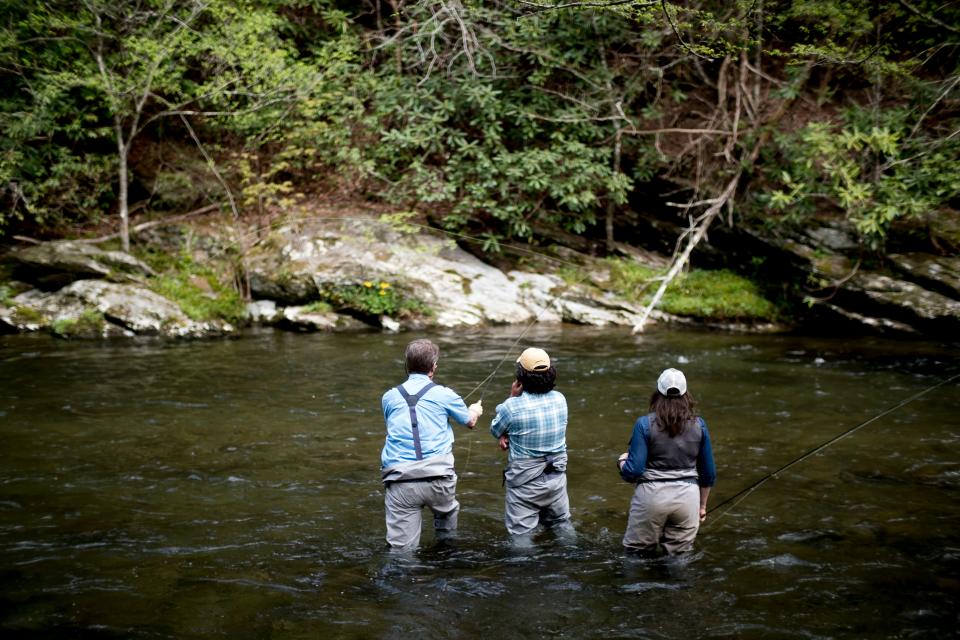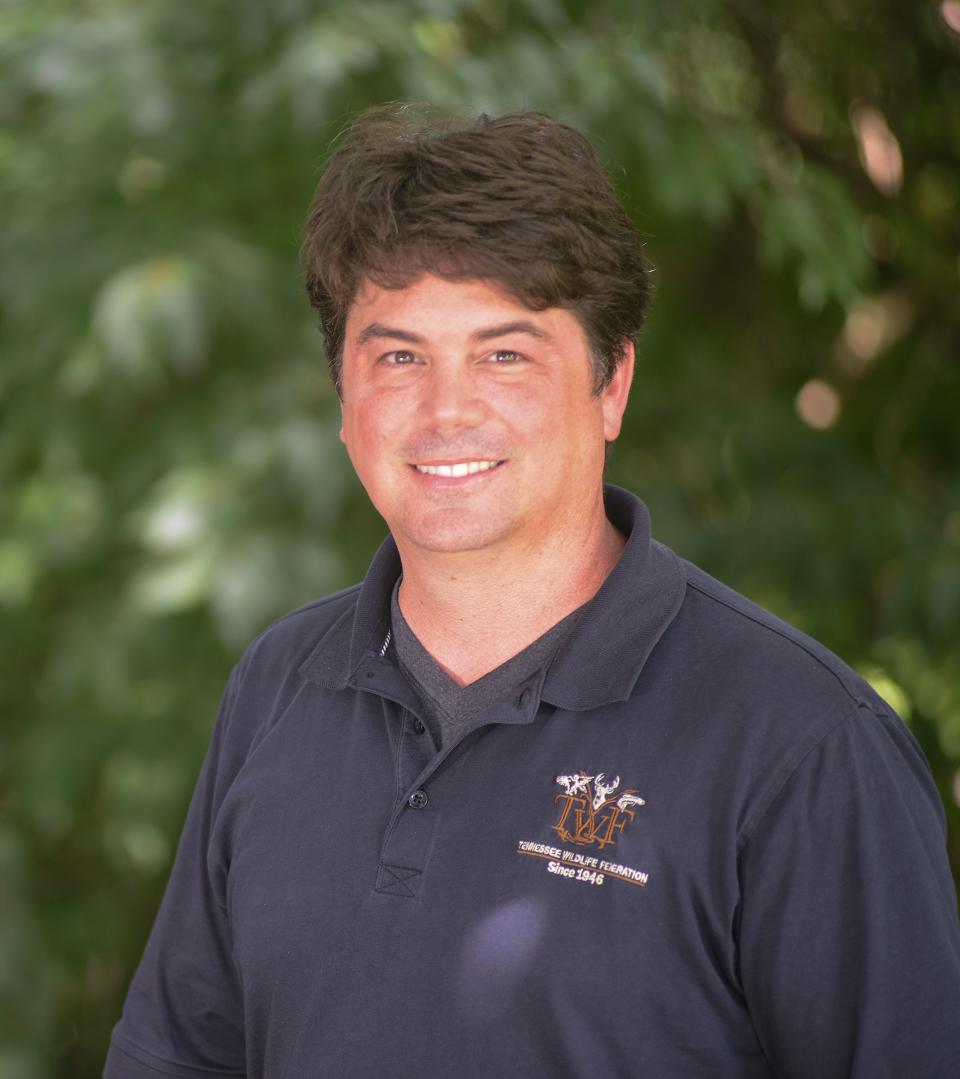Outdoors writers serve as the voice of nature | Opinion
Tennessee is one of the most beautiful and unique states in the country. Since the earliest settlers arrived through the Cumberland Gap, our natural resources and wildlife have sustained us as a people. We rely on the rich soil to grow our crops, and our forests provide the building materials for our houses and trails to hike. The rivers provide drinking water for an ever-expanding population, fish to catch and places to canoe. Equally as important, outdoor recreation is important to millions of Tennesseans and provides billions of dollars to our state and local economies. Over 1.2 million Tennesseans purchase some type of hunting or fishing license annually.

Yet a disconnect has slowly developed between the vast numbers of people who love the land and wildlife and the dedicated voices who report on the outdoors in the media.
Most news about the outdoors comes through organizations and trade publications in which the people reading the stories signed up to receive that specific type of news. Those stories don’t reach the rest of the public, who have yet to get in touch with their natural side. The general public doesn’t want to read long scientific articles filled with jargon about biodiversity, sustainability or ecosystem dynamics. They don’t want to hear about protecting yet another animal or plant they’ve never heard of. They want to hear how conservation efforts – or the lack thereof – will directly affect them.
Hear more Tennessee voices:Get the weekly opinion newsletter for insightful and thought-provoking columns.
These days, for a story to make the news it has to have relevance and an appeal that leads the public to respond. Conservation stories are often overlooked because, surprisingly, they don’t seem to provoke enough of that emotional response. Stories about conservation have to fight for news space among the “more relevant” sports and local events. Or they are passed over for scarier stories about climate change.
It’s not enough for researchers and conservationists to raise cries about the pending destruction of our natural world. Talking about conservation should be about the sharing of traditions and a lifestyle that connects people through time and space. I imagine how much more the conservation movement could achieve if our stories were more prevalent in mainstream media.

The problem is exacerbated by the fact that outdoor writers are disappearing quickly. Newsrooms have been shrinking for years. As a result, we are seeing some of the conservation and outdoor content moving to other forms of digital media, such as podcasts and social media. However, dedicated outdoor writers are uniquely qualified to bring conservation stories to life because it’s not just a story to them – it’s a way of life to pass on to future generations. Outdoor writers provide a unique voice that lends itself to highlighting the importance of conservation efforts in ways the rest of the public will understand and, hopefully, rally behind.
When we lose outdoor writers, we lose the people on the inside championing the importance of stories about the environment. We need people who understand the outdoors and can write a story about it with passion and intention, people actively seeking new ways to engage the public on outdoor topics. The outdoor writers we do have in Tennessee work tirelessly. They continue to push for coverage of the outdoors despite often not having the funding or resources to make it happen. We appreciate the work Tennessee’s dedicated outdoor writers are putting in, and the Tennessee Wildlife Federation wholeheartedly believes there's a need for more.
We need outdoor writers not only to sound the alarm when our natural resources are threatened but also to express joy at the wonders of the environment.
Nature is incredible, and we need to hear more stories of how it has positively affected the people who rely on it. That’s how we will inspire others to join the cause and change will happen. That’s how the movement to protect and preserve the great outdoors will advance.
If only nature could speak. But since it cannot, it’s up to us to give it a voice. We need more storytelling from outdoor writers, outdoorsmen and women doing our best to ensure our kids and grandkids can enjoy the outdoors even more than we did as kids. We are the ones who know these forests and rivers and grasslands on a personal level. As long as nature cannot speak, we are the ones who must step up and advocate on its behalf.
Kendall McCarter is the chief development officer of the Tennessee Wildlife Federation.
This article originally appeared on Nashville Tennessean: Opinion: Outdoors writers serve as the voice of nature

